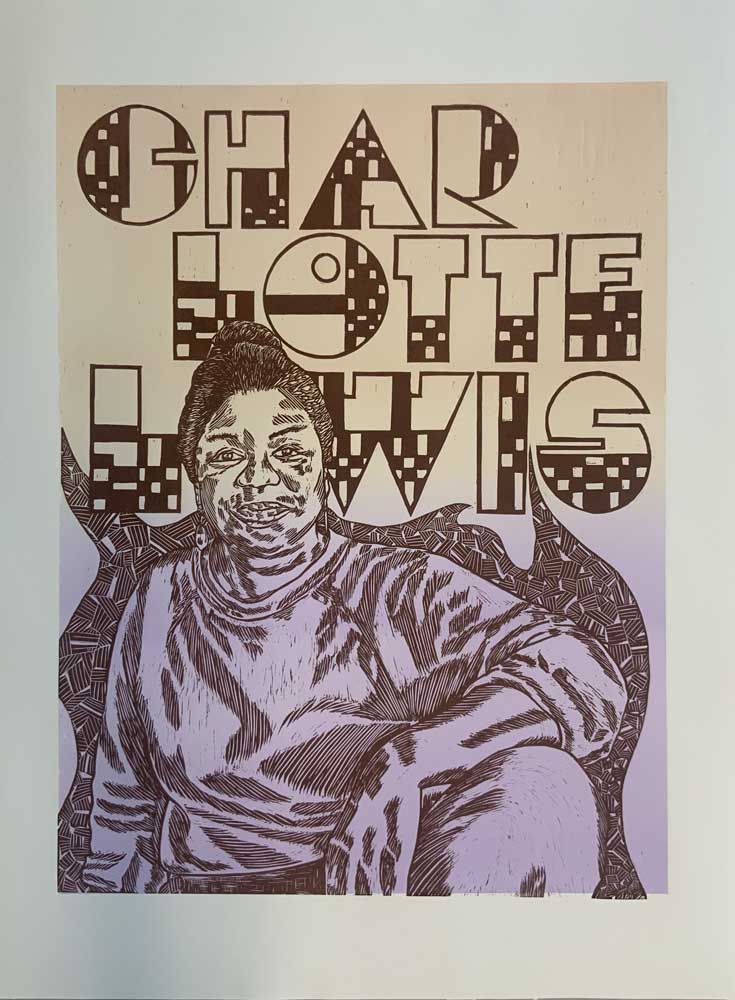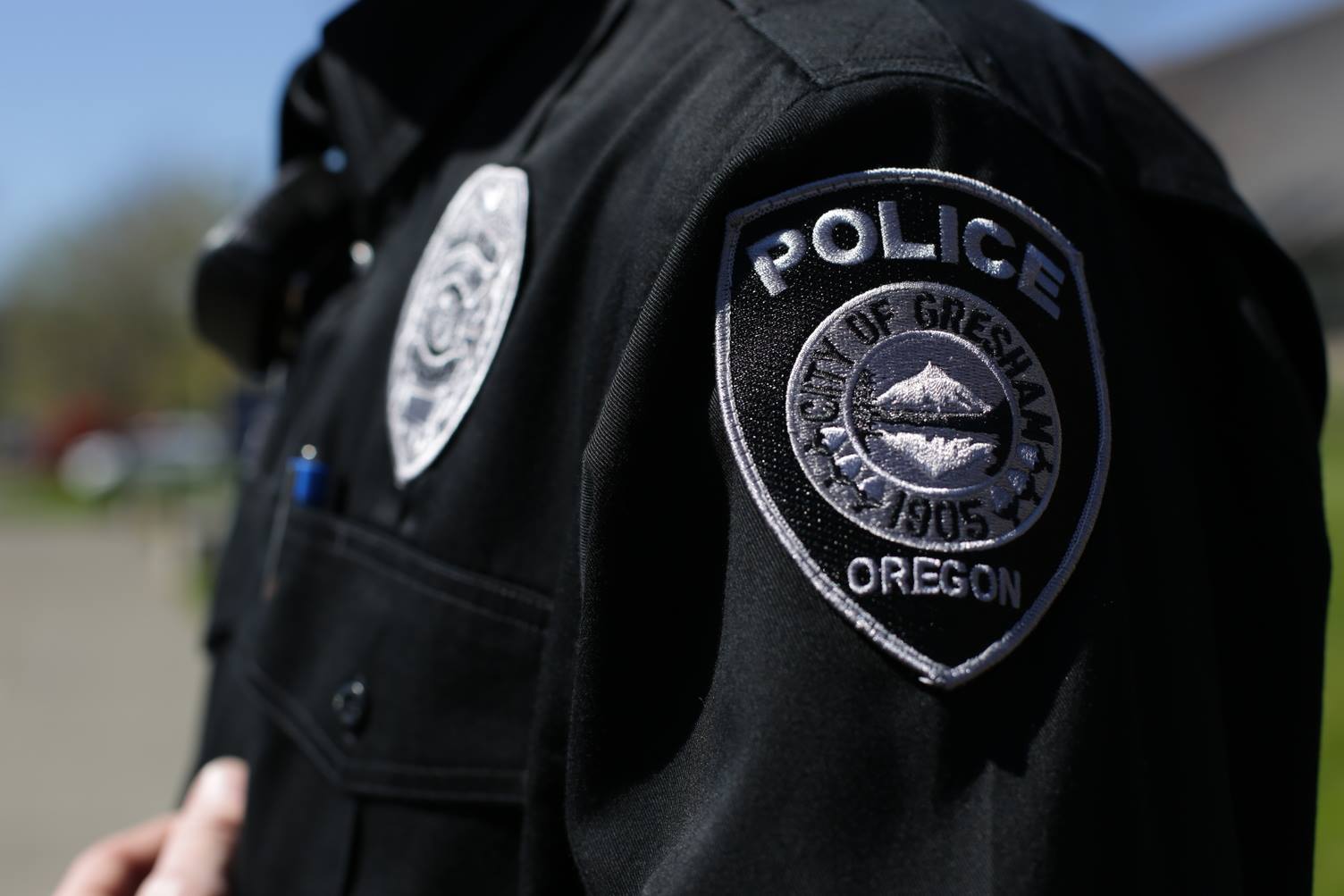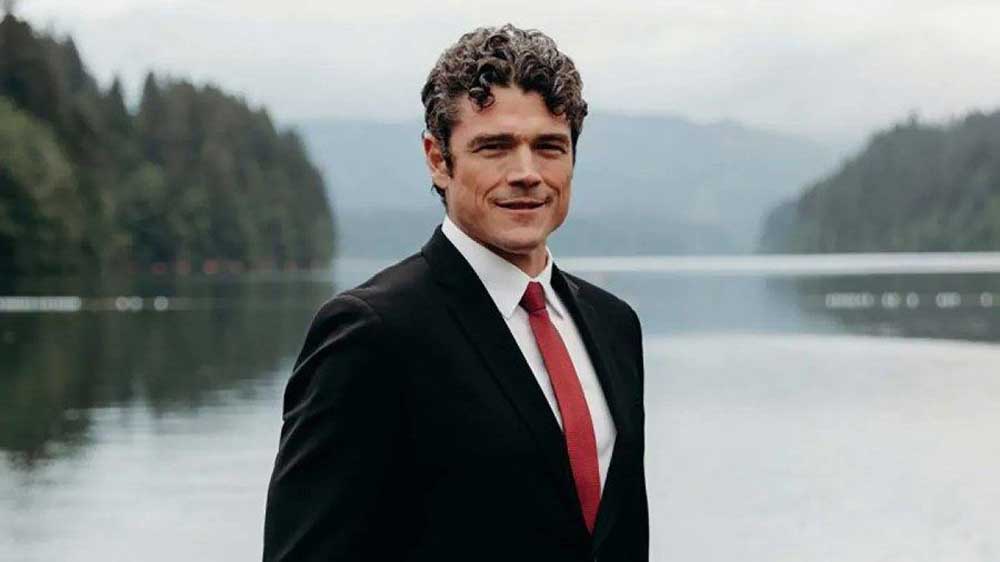OPINION: Celebrating Black History and Futures means seeing how far we have to go
Published 4:45 am Wednesday, February 19, 2025

- “Reflection” by Melanie Stevens was part of the Portland Art Museum's 2023 "Black Artists of Oregon" exhibition. This year, a series of events throughout Portland celebrated Black History Month.
Last week, Multnomah County proclaimed February “Black History and Futures Month.”
Trending
Black History and Futures Month is extremely important to our Multnomah County community because it dedicates time for all of us to consider the work and impact of leaders, thinkers, poets and everyday people who have dedicated and do dedicate their life to justice so that we can enjoy the civil rights and privileges we have today.
This month, this proclamation and this celebration are all opportunities to connect with a vision of freedom and fairness, of equality under the law and in access to opportunity.
A vision of America where every child — regardless of the color of their skin, the language spoken at home or the ZIP code they live in — has the same chance to thrive and reach their full potential.
Trending
Black History and Futures month is also an invitation to recognize how far we have to go to achieve this vision, and to commit to the work that’s needed to get us there.
As Chair of Multnomah County, where everyday we are addressing harms and providing support to those who most need it, I am committed to the work needed to get us there.
I recognize that the progress made and the rights and privileges we have today, especially courtesy of the struggle for Black liberation, is tenuous, fragile and requires our attention and stewardship.
I am committed to this work because I recognize our systems and beliefs have not evolved far enough or fast enough to counteract centuries of discrimination on the basis of race.
It is as a counterweight to this that Multnomah County leads with race as a core principle, centering race, a leading indicator of inequalities and disparities, in our intersectional approach to breaking down systemic barriers created by all forms of oppression within our workplace and our community.
Sixty years ago, President Lyndon B. Johnson said “You do not take a person who has been hobbled by chains and liberate him, bring him up to the starting line of a race and then say, ‘You are free to compete with all the others,’ and still justly believe that you have been completely fair. This is the next and more profound stage of the battle for civil rights. We seek not just freedom but opportunity. We seek not just legal equity but human ability, not just equality as a right and a theory but equality as a fact and equality as a result.”
This is the stage of the battle for civil rights that Multnomah County is engaged in today and every day.
I am also committed to this work because it’s personal for me. As the granddaughter of immigrants and a Latina leader in this community, it is important for me to model the kind of leadership in government that I, and those who came before me, wish we had seen growing up.
I have stood alongside many local Black leaders in their work to bring more equity and opportunity to Multnomah County.
I know this is a fight worth fighting.
We are fortunate to have in this County’s workforce and across the tapestry of American history so much strength and inspiration to draw from. This strength will be needed because the work of Multnomah County is as urgent today as it’s ever been.
From our libraries to our shelters, our clinics to our schools, to do our work well, each day we have to renew our commitment to racial justice and continue operating with a racial justice lens across every aspect of our work. Only then can we hope to truly address the harms and close the disparities that persist — and create the future we know is possible for all of us.
Black History and Futures Month is a time to celebrate, uplift, and honor the rich contributions of the Black community. We can join together this month celebrating in meaningful ways — by supporting Black-owned businesses, joining local events, donating to organizations making an impact, and diving deeper into the incredible stories and history that have shaped our country, our state and our lives.
Lastly, I want to link to this year’s Black History and Futures Month proclamation, which is an incredibly thoughtful reflection and articulation of the history that got us here and on what can help us capitalize on this moment to build the future we all want.







